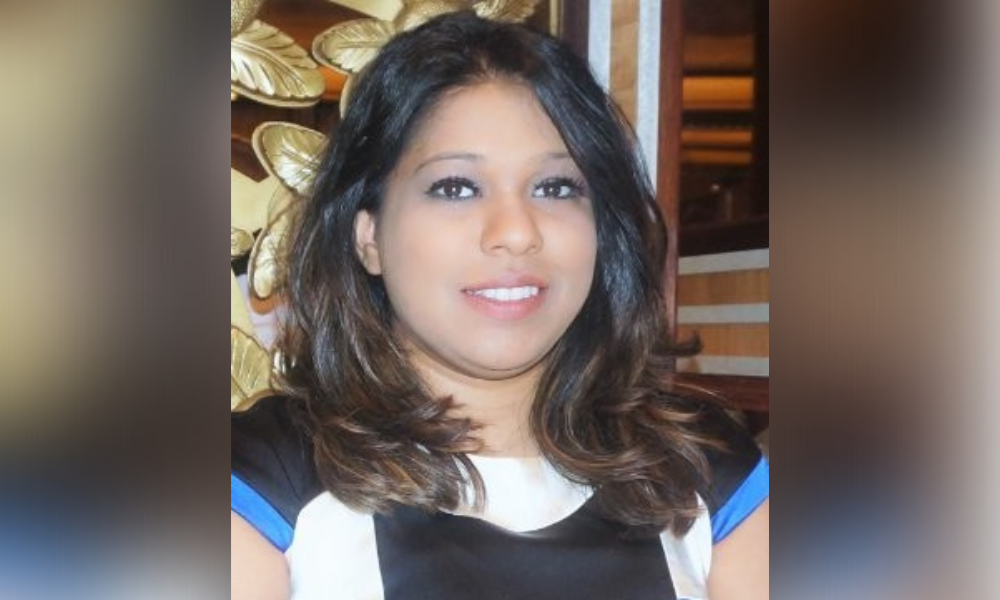
Tribunal rules state that licensees may bear costs incurred due to unreasonable delay or negligence

Following an interlocutory suspension pending the determination of allegations arising from 17 complaints received from former clients, opposing counsel and judiciary members, the Law Society of Ontario tribunal has ordered that the accused lawyer pay the regulator costs of $60,357.96 in four annual installments beginning April 18, 2023.
The Law Society of Ontario v. Deokaran costs hearing stemmed from the LSO March 2022 interlocutory suspension motion. The regulator submitted, amongst other allegations against Deokaran, unprofessional communications, false representations and affidavits, threatening a client with deportation while demanding more money from him, sending a damaging email about her client to opposing counsel, and failing to return client files upon the termination of her retainer.
“The Lawyer was alleged to have written to the adverse party in Complainant F’s family law proceedings to report Complainant F’s generally unstable behaviour along with the particulars of a confrontation between them,” the tribunal wrote.
During the costs hearing, the panel wrote that the Tribunal Rules of Practice and Procedure state that a licensee may incur costs upon an adverse determination or where the licensee caused expenses to be obtained without reasonable cause or wasted by undue delay or negligence.
The tribunal cited Law Society of Ontario v. Perrelli, where former chair David Wright wrote, “Our jurisprudence has continually emphasized that the professions should not bear the costs of prosecuting licensee misconduct. Costs are not an additional penalty on the licensee; they defray amounts paid by the licensees of the law society through their fees. They compensate for both investigation and the hearing.”
The LSO alleges that Deokaran breached 14 separate Rules of Professional Conduct, which raised serious concerns about her honesty and integrity and impacted the administration of justice. Recognizing this, Deokaran defended the proceedings vigorously.
Deokaran did not respond to Law Times’ request for a comment.
After an initial hearing on August 13, 2021, the tribunal granted an adjournment to allow Deokaran to provide responding materials. However, it imposed an interim order restricting aspects of her practice and imposing a supervisory arrangement, among other terms, pending the determination of the motion. A subsequent case conference on September 23 granted additional time for filing additional materials.
Deokaran filed responding materials on September 30, 2021, in which she denied all allegations and reiterated correspondence previously submitted to the Society investigator in 2018 and 2019. In those materials, addressing several complaints, she raised acrimony issues with various complainants, including the dissolution of two previous law firm partnerships and allegations of illegal or dishonest behaviour on the part of individuals who submitted complaints to the LSO.
Regarding other complaints, Deokaran asserted that she had sought additional time from the LSO’s investigator and its counsel in 2020 due to COVID-19 issues but received no response. She claimed that she expected to engage in a fulsome assessment of the allegations and eventual responses at the future conduct hearing on a complete record. She also alleged unethical behaviour by the LSO’s investigator and counsel.
In response to the complaints made by two judges and the three subsequent complaints, the tribunal wrote that Deokaran did not file responding materials or deal with those matters after receiving the LSO’s full investigative report.
Deokaran’s alleged conduct, if found, is contrary to various Rules of Professional Conduct, including sections:
In claiming $50,000 in fees, the LSO pointed out that the hearing spanned four days, and the amount sought is less than half of the tariff rate, given the expended hours. The tribunal accepted that the hours claimed by the LSO were reasonable.
The LSO further sought disbursements of $11,075.08, which comprised two charges, $10,357.96 for Ellwood Evidence Inc. – the last-minute responding expert report – and $717.12 for printing and delivery.
Considering the Perrelli factors, the tribunal wrote that the proceedings were above average complexity and required the LSO to call additional witnesses, which lengthened the hearing due to the vast materials, multiple complaints, and “aggressive defence” by Deokaran, including raising last-minute defences.
“The lawyer’s service, at the last minute, of a purported expert report required the law society to retain an expert on a rush basis, leading to higher costs and a longer hearing,” the tribunal wrote.
The tribunal wrote that because Deokaran raised the issue regarding another cause of the disputed emails, she should bear all resulting expenses, specifically the entire costs incurred for the responding report of Ellwood Evidence Inc. However, the panel declined to award any fees related to printing expenses as the tribunal operates electronically to the extent reasonably possible.
Deokaran’s interlocutory suspension is partly due to her disciplinary history of failing to cooperate with the LSO. For example, she was licensed to practise in 2011 but was administratively suspended for 19 days in 2012 for unpaid LawPRO premiums.
In 2018, the tribunal disciplined Deokaran for failing to respond to an investigation, which led to a one-month suspension and a $6,000 costs order. At the hearing, she argued that she responded promptly by delivering some responses to the LSO mailroom. However, the panel found her explanation not to be credible.
“The Lawyer subsequently appealed to the Appeal Division unsuccessfully. which resulted in a further $30,000 costs order. She next appealed to the Divisional Court, but has still not perfected her appeal, more than a year later,” the tribunal noted.